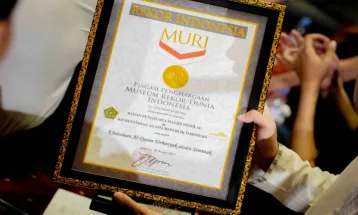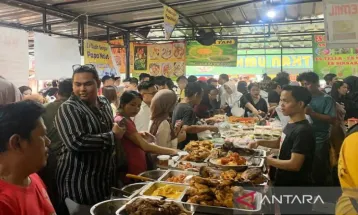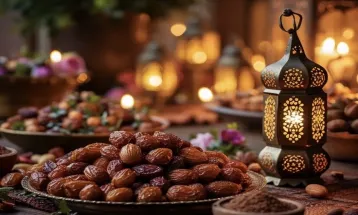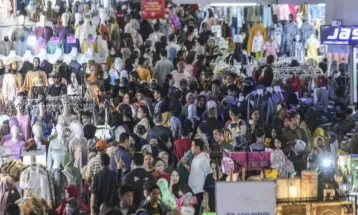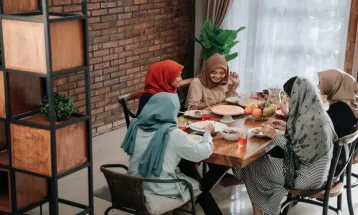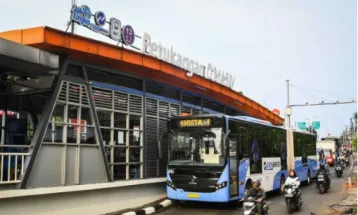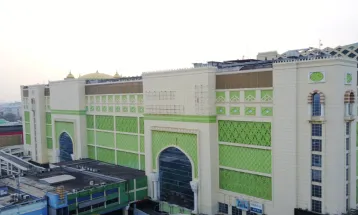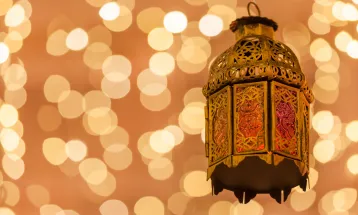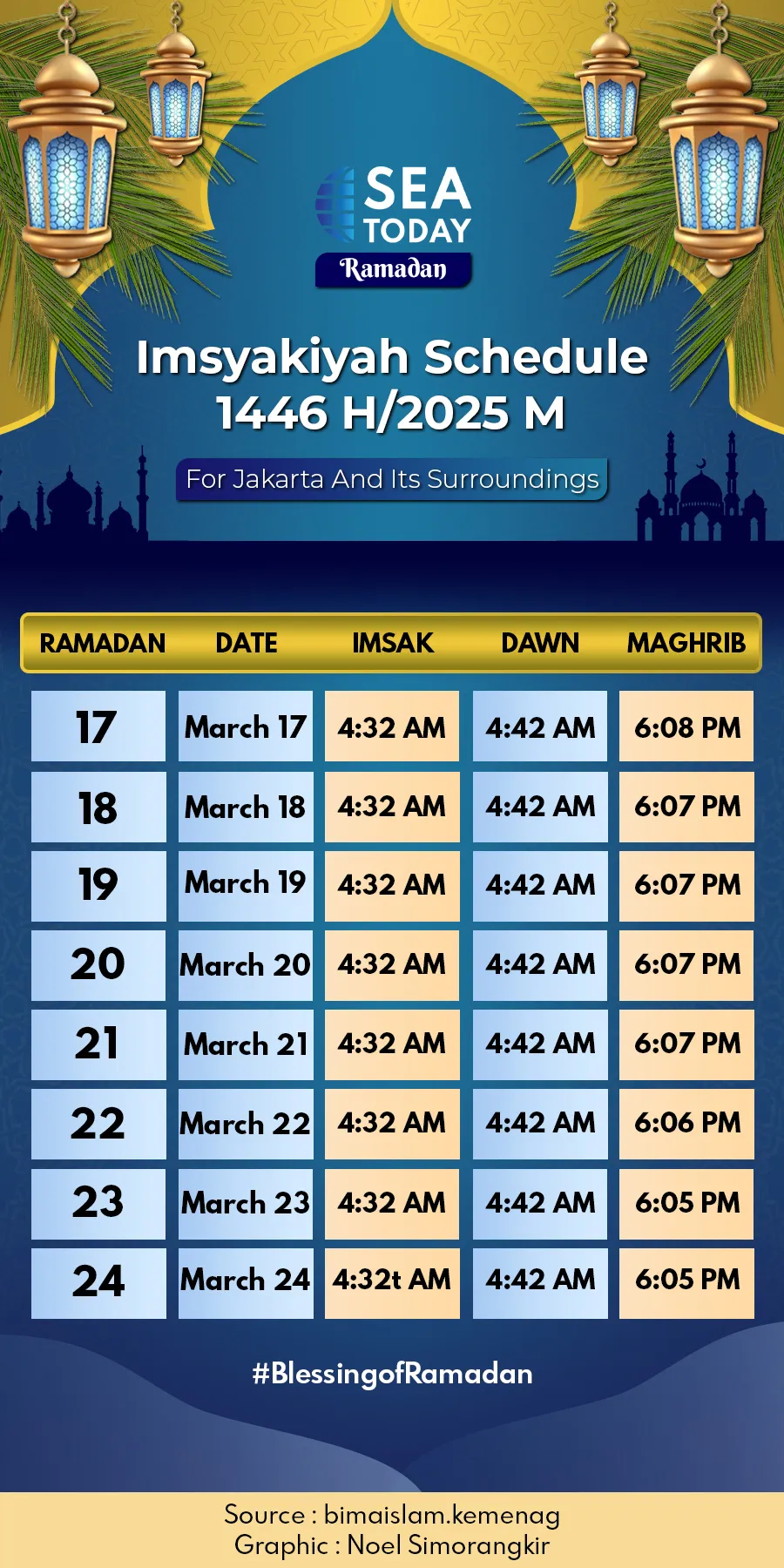Indonesia’s Ramadan Culinary Delicacies from Various Provinces
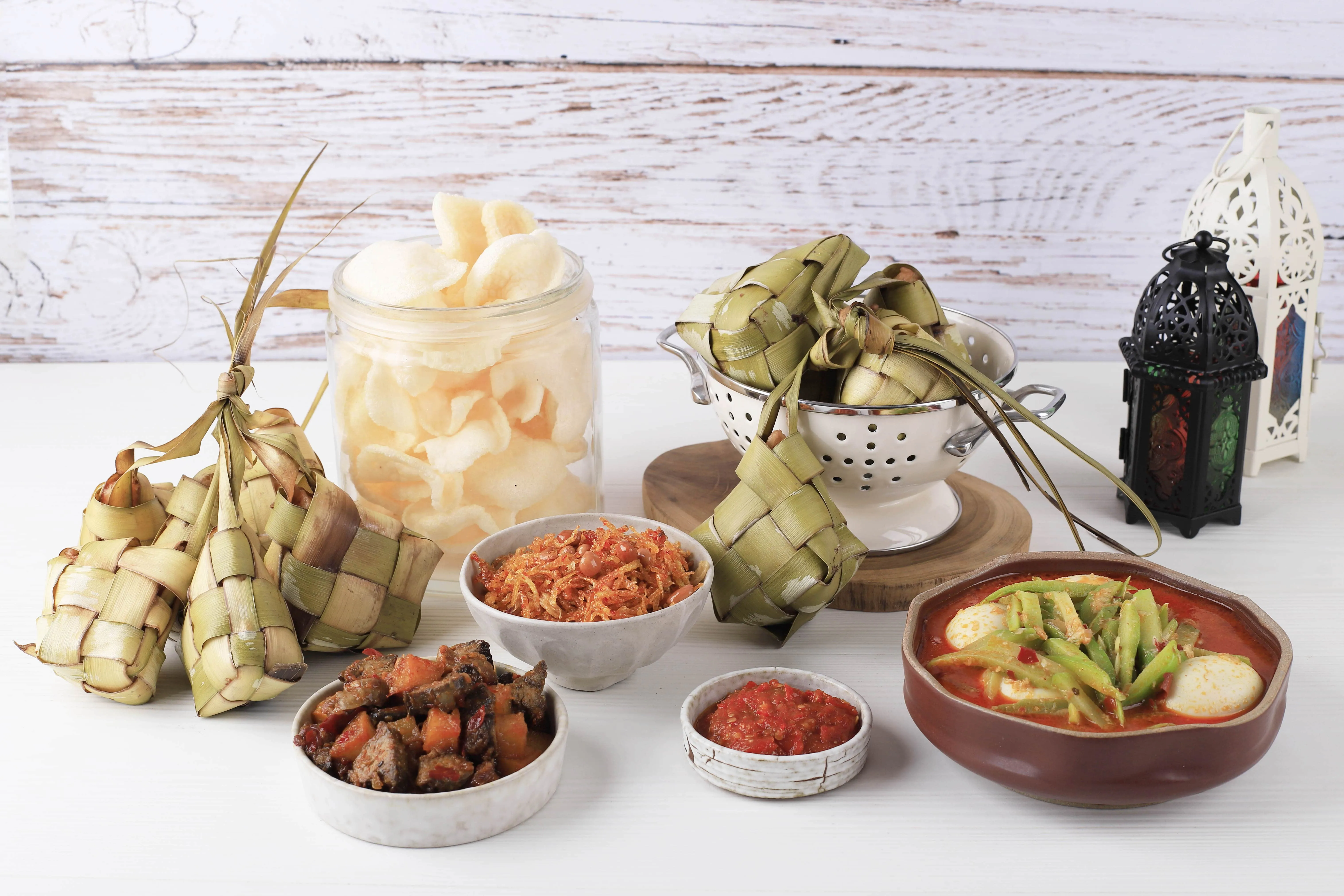
SEAToday.com, Jakarta - Indonesia has various cultures and traditions from each region and province. From each of these regions, there are also many culinary specialities.
Ramadan is no exception. As a country with the largest Muslim population, millions of Muslims who practice fasting in various regions in Indonesia have their favorite dishes to break their fast. Quoting Indonesia Travel, here are some of them:
Bubur Kanji Rumbi from Aceh
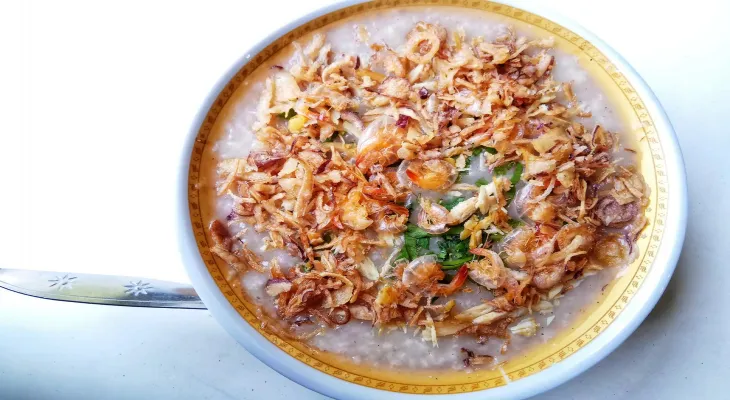
This porridge is a special dish every Ramadan for the people of Aceh. Many mosques also distribute this porridge for free for the muslims to break the fast.
This porridge has a brownish color due to the richness of spices. Not only that, this porridge is also completed with various toppings, ranging from vegetables, meat, to shrimp.
Putu Mangkok from Riau Islands
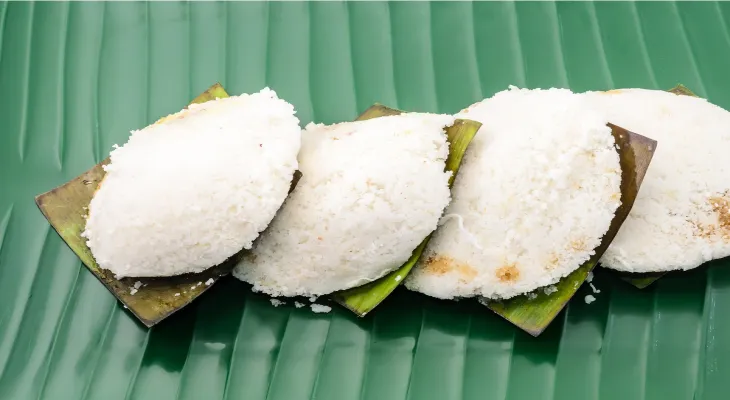
Something sweet is often an option for breaking the fast, and Riau Islands chose this treat as their favorite. As the name implies, the uniqueness of this putu is its shape that resembles an upside-down bowl.
The main ingredients are rice flour and palm sugar. To complete the treat, grated coconut is often sprinkled on top to make it more savory!
Ketan Bintul from Banten
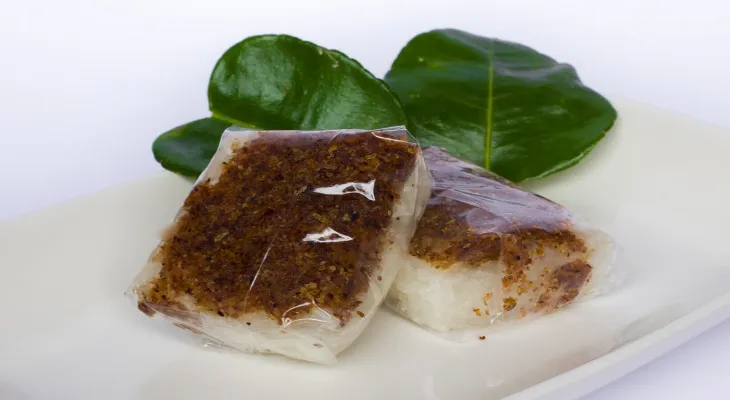
Ketan Bintul is a food that is often sought after by the people of Banten. The people’s story goes that Sultan Maulana Hasanudin of Banten Kingdom used to love ketan bintul to break his fast.
This food consists of sticky rice sprinkled with serundeng (grated coconut with spices). Often, it is also eaten dipped in stew sauce or eaten with meat.
Mi Glosor from West Java
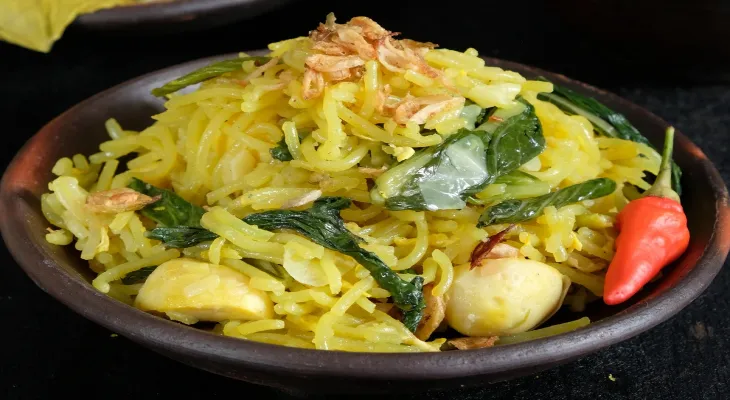
This dish becomes very popular and easy to find in the city of Bogor during the holy month of Ramadan. Often, these noodles are sold at takjil markets before breaking the fast.
The name of this noodle comes from its very slippery texture that is easy to swallow. This is because the noodles are made using cassava flour instead of wheat flour.
Kicak from Yogyakarta
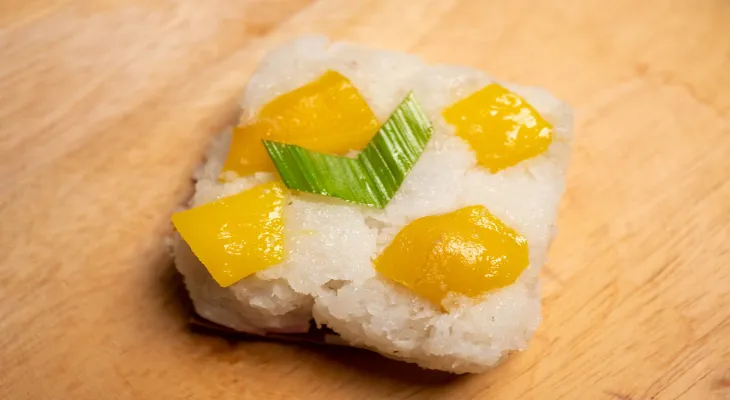
This snack is a popular takjil especially in Kauman Village, Yogyakarta. According to the story, Kicak was first sold in 1970 by mbah Wono, who is a native to the village. It turned out that many people liked it, so it is still popular until now.
Kicak is made from sticky rice with coconut milk, jackfruit and grated coconut. It tastes sweet and savory.
Barongko from South Sulawesi
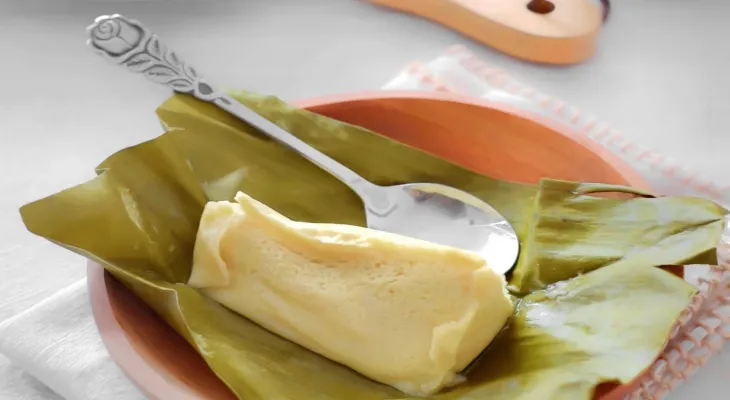
Barongko is a speciality of the Bugis tribe in Makassar. Its sweet flavor makes it a frequent choice for breaking the fast.
The main ingredients of barongko are banana and coconut milk. These two ingredients are mashed together with other ingredients, wrapped in banana leaves and steamed. Barongko can be served hot or after chilled in the refrigerator.
Recommended Article
Ramadan Delights & Updates
Transjakarta Adjusts Services during Eid
President Director of PT Transjakarta Welfizon Yuza confirmed that all Transjakarta buses will begin operations at 09.00 WIB on the first day of Eid al-Fitr.
History of the Great Mosque of Sang Cipta Rasa, Which is Believed...
History of the Great Mosque of Sang Cipta Rasa, Which is Believed to be Built in One Night!
Indonesian Tradition: Buy New Clothes to Celebrate Ied and Tanah...
Indonesian Tradition: Buy New Clothes to Celebrate Ied and Tanah Abang Market is The Favorite Place to Hunt with Affordable Price
Unique Ramadan Traditions from Around the World
Aside from fasting, Ramadan also brings unique traditions held by countries around the world, here are five of them.
Trending
Popular Post
More Than 2000 Travelers Join The Free Eid Homecoming Program Org...
More Than 2000 Travelers Join The Free Eid Homecoming Program Organized by Telkomgroup
Burj Khalifa Residents Have 3 Different Fasting Times!
SEAtizens, did you know that the world's tallest building, Burj Khalifa has three suhoor and iftar times, depending on the height of the floor?
The Story of Nabawi Mosque, The Prophet’s Mosque
Nabawi Mosque located in Medina by the Prophet Muhammad (PBUH) himself in 622 AD. As of now, Nabawi mosque is the second-largest mosque in the world.
Unique Ramadan Traditions from Around the World
Aside from fasting, Ramadan also brings unique traditions held by countries around the world, here are five of them.
Indonesian Tradition: Buy New Clothes to Celebrate Ied and Tanah...
Indonesian Tradition: Buy New Clothes to Celebrate Ied and Tanah Abang Market is The Favorite Place to Hunt with Affordable Price




